If you've seen a few Tim Burton movies, you've definitely heard the music of Danny Elfman. That's because with the exception of just a few titles, Danny Elfman has been the one composing the music. Here's some of the films they've done together: Charlie and the Chocolate Factory, Big Fish, Planet of the Apes, Sleepy Hollow, Mars Attacks, Batman, Pee-wee's Big Adventure, and would could forget Beetle Juice!
Anyway, with Tim Burton's Alice in Wonderland opening this weekend, I had the chance to sit down with this great composer to talk about his latest score. Of course we also talked about how his collaboration with Burton really works, how he picks what projects he works on (he's done over 70 movies!), what really happened on Wolfman, how he writes music, and so much more. If you're a fan of Danny Elfman's, I promise you'll love this interview. As always, you can either read the transcript or listen to the audio of the interview after the jump.
Finally, a small scoop from our interview. While Gus Van Sant's latest project is listed as untitled on IMDb, Elfman called it Restless when he was talking about it. Perhaps that's the final title? Hit the jump for the interview:
The full transcript is below. Click here to listen to the interview. You can right click the link and save it to your computer.
----
Collider: Are you at the point when you work with Tim that you sort of don't even talk to each other? That you sort of just, you know, he like looks at you and with a look he can sort of tell you a lot of stuff?
Danny: Well, the answer to that question is yes but we never did talk about the movies. So in a way it's no different than on Pee Wee. We never really...he doesn't like to talk about the movies. It's the quickest spotting session; you know what a spotting session is?
I'm not familiar with a spotting session.
Danny: A spotting session is where you sit with the director and the editor and you break down all the cues-the musical cues-in the movie. You go through every scene and you talk about music should start here, what they want it to do, where the music might come out. And at the very longest, I won't say which director; I've had spotting sessions go 2 days. With Tim, I've never had a spotting session go much over 2 hours. He doesn't want to talk about it. And is there body language? In deed there's body language. Usually it's his head in his hands shaking his head as if he's just been stabbed in the heart. That's the bad body expression when I play a piece of music. The good one is a kind of a slight nodding of the head.
Okay.
Danny: And that's a good one. We like that. But it's all just reaction to music. So we just talk about we'll do music, here, here, here, here and here. Don't talk about it very much. If he has some concerns about the film he might tell me what they are, but it's all going to be later when I'm writing a lot of music and he's responding to the music, that's where our communication is. And even then it tends to be non-verbal, but through his reactions I can hone in on what he's looking for.
I'm curious, how is it with you getting ready for the project? I know you mentioned downstairs in the press conference that you will go on-set and draw inspiration and how on this picture there was nothing to really draw inspiration from as it was mostly green-screened. I'm curious how early...where the creation process for you as a composer is? How early in the process it is? And if you could just talk about the way you write music?
Danny: Well, it begins when I see footage on the screen. Even when I went and saw the Gotham set and they were only halfway done with Batman, but they showed me 10 minutes of footage. And seeing an image on the screen is where it begins. I wasn't kidding when I said virtually on any film anything I've done before that has never made it into the movie. All early preparation has been for naught. Every idea I've ever had from a script, not a single one has survived. So I now take completely the opposite approach. Before I'm going to see the first footage, and it doesn't matter if whether it's 10 or 15 minutes of a film or the whole film, I'm going to just try to blank my mind out of any preconceived musical ideas I might have carried with me. And the less I have preconceived, the better off I am.
I am curious about your writing process. Are you...I'm familiar with writers but I'm not really familiar with how composers work. Do you say for example walk around with a tape recorder and you might hum something? Or are you very much I need to be in a specific location and that's where I'm writing my music?
Danny: Well, it's both. I'm definitely looking at image and getting first impulses down. And then walking away and coming back and more impulses and then I listen to what I just did. I have a technique that I've used for a long time, which is I look at the film, I get an idea, I start to play it and I start to lay more parts on and lay more parts on until I've gotten maybe several minutes or more of a scene composed. And I do all the orchestration everything until it sounds complete. And at the point where I'm feeling pretty decently happy with it, I walk away, do something else, watch some TV or anything else and come back in and start from scratch without listening to what I've just done. And the idea is to try to take any scene that has any importance, I'm going to approach it 3, 4, maybe half a dozen times. And then I'll go back and listen to everything I just did. Now that I've got 3 or 4 completely different things, I'll listen to it and go oh, yeah. That doesn't work. Hmm, this is interesting. I'm going to start now and do variations on this. That one is interesting too but maybe not for this spot. I don't know why I'm interested in it but I'm going to keep this one alive. And so at that point some die and get kicked out. Some I keep alive and carry on. And of the ones that seem interesting, even if they're in very different directions, I'll play them all for Tim because I really want to get his reaction. Because very frequently I'll have 3-4 pieces of music for a single scene and I'll tell Tim, I'll say "I don't actually yet have an opinion about which I really prefer. I can see them all working in a different way." And then now he's going to get involved and go, "Oh, oh no, no, no. Ah, that one! That one. I don't know why."
And then I start doing elaborate, elaborate, elaborate variations and variations and then slowly I start to fall into "okay, I understand now. This is a theme and this is a theme and this theme follows this character. This theme follows this feeling." So sometimes a theme follows a feeling not a character. And that's my lack of technique/technique of how I do it because there's no science to it. It's just really try a lot of stuff and then if possible try something you like and once you start to like it slap yourself in the face, erase it and try something different.
With Alice in Wonderland vs. the other many projects you've worked on, was this more of a challenge for you with the fact that so much was coming together in post-production at the end? And that maybe some of the footage wasn't done until very recently? Or could you talk about the challenge of this project vs. the others?
Danny: Well that was a huge challenge but only because that was a big challenge for Tim. Tim's used to having everything in camera. There are very few directors who would actually build a chocolate waterfall and a chocolate river that a boat could actually row through. Most directors would do that with CG. That would be done after that. Tim built it. He likes it "in-camera". He likes to see in the frame what you're going to see on the screen. Maybe add a little elaboration here and there but very little in the dozen or so films I've worked in, very, very little isn't there in the beginning. So for him, it was a wildly different experience because there was nothing there. There was an actor in front of a green-screen. And he was freaked out. So him being freaked out made it crazy for me. The process for me of not seeing the backgrounds and footage isn't difficult because I've done that a lot. Fortunately for Tim....he used to joke Tim was my first film, my 5th, my 10th and my 15th. And he would joke, he says "You're doing 4 films between each of my films." I go, "I've got to learn more so I can do a better job on your films." So I've done a lot with green-screen....not green-screen motion capture but with things unfinished and it doesn't bother me. I'm okay with that but he was...it was driving him insane. His insanity gets passed down to me, so I was then going insane, because my experience with Tim will just simply follow his state of mind, completely.
I'm curious how long it typically takes you beginning to end on a project? Is it 4 months? Is it 6 months? And could you talk about how much time you spent on Alice?
Danny: Well I like to have 12 weeks on a film. I don't always get it. I mean, it can be as little as 5 weeks, you know, on Mission Impossible and Hulk and movies where I'm stepping in late. And I think the most I've ever had was 4 months. But I like to have, you know, at least 10-12 weeks to write a score. And then, of course, there's time going into recording and mixing because I'm there for all the mixing of the score and the producing. So that could add another week or two and then finally the soundtrack album editing. But I look at them more or less as 3 month periods.
Is there one score that you've done that you were really rushed on that you felt "wow, this really turned out a lot better than I expected"?
Danny: Well, yeah..I never feel that anything turned out better than I expected on any film. I usually don't even know how I feel about the score until later. But there's certainly huge challenges as I just mentioned Hulk. I'd stepped into where...I've done 5 or 6 films where I was replacing a score. And there was 106 minutes or 108 minutes of music...maybe 112 and 5 weeks top to bottom. And that I took on strictly as a challenge to see if I could do it. Well, I shouldn't say strictly, I did it because I loved Ang. But rather than saying Ang I love you but this is impossible. I took that more of I wonder if this is possible. I wonder how much I could write in this amount of time. And so, that was the most like a compressed time period I'd ever had because that much music really needs more time and the action music is very slow to write to boot. I mean slower than non-active music, you know, action scenes. It's amazing how many hours you can spend and finish a sequence of events and then go wow, how much music did I just finish. And you go, "My God, 22 seconds? I just feel like I wrote 3 minutes" because you know you're catching everything in these...it's so intricate. And there was a lot of that. So that was like the climbing Everest film. But every film is a different experience and I just had to know if I could do it. And I still kind of do any kind of acrobatics or stunt or go to war with Ang, you know, there's certain people that just kind of make you want to do that for them. And you know for Tim, that goes without saying. Whatever amount of time I have with him, I'll use it. He has me completely and totally and I kind of cherish that time. It's special when I'm starting one of Tim's films it's kind of like special time. And I'll try to have as few distractions in my life as I can.
I'm curious what your criteria is for picking projects that are not Tim Burton and Ang Lee? What gravitates you or what makes you want to do a certain project and what do you have coming up? What other scores are on your agenda?
Danny: Well there's 2 primary things that attract me...let me see if it's 2. One is it's a director I want to work with and it doesn't matter what the movie is. When Ang called, when Gus Van Sant called, there are directors who I get a call and it's like the movie they're doing is kind of irrelevant. It's kind of what Johnny was saying in the press conference, like what about playing the Hatter? He says "I'd have played Alice. It doesn't matter." Well that's how I feel very often. It's like I get a call from a certain director it's like Guermo Del Toro ...alright no, I would not necessarily have gone for a sequel to a film that I didn't do the first one for but it's Guermo. I don't care. I want to work with Guermo. And so sometimes it's the director. Timur Bekmambetov you know, it's like I probably would have done anything if Timur, whatever the film was, I would have been interested in it, the fact that it was Timur because I was a big fan of movies. Big fan of Gus' movies, Timur's movies, of Guermo's movies. Sometimes it's a director or I'm not quite sure but something seems interesting about the project. Sometimes it's the fact that there's something about the project seems like it would be fun or interesting or challenging. And sometimes, in fact frequently, it ends up being something where I've never done that before. That's a really big one. For example, when I asked originally...I didn't end up doing the movie...but I was asked... Oliver Hirschbiegel. He wanted to do a movie for the Invasion. It was all atmospheric. Electronic and atmospheric. No orchestra. I was immediately attracted to that. First off he'd done a wonderful movie but I was attracted to the fact that he wanted that.
Now, it ended up going in a different direction and I had to leave, but when somebody gives me something...you know when Pete Berg approached me for The Kingdom, it was like let's use guitars. Let's see what we can score with guitars. Don't even need an orchestra. Great. Let's do something with a string quartet. All percussion. Anything that sounds like ooh, that's interesting, that can catch my attention and make me decide to do the film. So there's all kinds of different things. Sometimes a movie is just fun. I mean, my attraction to the Wolfman was simply because I grew up on the Wolfman and monsters. Okay, there's the hook. So there's a number of things that can hook me. It could the subject matter. It can be a nostalgic attachment to something from the past. It could be the director. It could be something about it that enables me to do something that I'm not used to doing or haven't done as much of or maybe haven't even done at all before. And all of these things are kind of hooks for me. And, occasionally, it's just like I'll bet this will be fun. And it depends on what I just finished. If I finished something really heavy, something fun seems really...oh the Green Hornet we just talked about. Michel Gondry. It's like I wouldn't be normally looking for another action film of another action hero, but it's Michel Gondry. I've got to work with Michele. I've got to meet Michele. And so sometimes it'll be direct response to what I just finished. I finished something serious, I want to do something fun. I finished something really silly, I want to do something serious. And whatever I've done I'm always yearning to do the opposite or as close to it the next.
Clean the palate.
Danny: Yeah.
So besides Green Hornet is that the only thing you're on?
Danny: No, I'm on Restless of Gus Van Sant's right now, even before Green Hornet with Mia. I just told Mia, I said "I'm just going from you to you right now" and she's the star of Gus' movie.
Totally. I know I have to wrap with you. I could ask you more questions for example on Wolfman but I will leave it alone and say thank you.
Danny: Oh you just have one question for Wolfman. Go ahead.
I'm just curious what like from an outsider it looked to me like Universal just...I mean being blunt about this, just was what the fuck went on with that movie and Universal? And I felt that like there was a lot of stuff that was going on behind the scenes. What was your kind of...looking on it now, it's been a least a few months, I'm just curious what sort of....do you want to talk about it at all? Like all that stuff? Or do you want to sort of leave it alone?
Danny: Well, let me just do the short version. I mean, it was a troubled project from early on once I came on the film. But Joe Johnston was such a great standup guy. He wanted a score that was atmospheric and stylish and narrative and I wrote a score that was all those things. Now, unfortunately then the movie got extended many, many months and when a movie get extended many months there's a lot of messing around that goes on with it. But in the end, Joe was still a great guy and I just tried to support him because at a certain point a film can be like a battlefield. It could like a battleground. And you just try to keep your head down, keep your flak jacket on and try not to get taken down by friendly fire or unfriendly fire. But in the end, as a composer, we're still kind of like a captain serving at the...trying to support our general and the director is the general. And sometimes on a film you just become taken with the fact that, all right this is as rough as it gets, but I'm going to support my general and I'm going to do the very best I can for him because he's a good general and I like him, you know? And that was the case with Wolfman. Lot of stuff happened. My score got thrown out. My score got thrown back in again. It was out, it was in. But throughout all the thick and thin of it, Joe was fighting the whole time to try to keep his original integrity there as best I could and I felt like whatever I could do to help him out. He's a standup guy. A lot of people in that position would have just rolled over and said, okay give me rock and roll, you know, instead of orchestra. John never did. He just never let up. So he's a good guy. Very difficult project but some of them are.
I have to wrap with you. I'm going to say thank you.


.jpg)
.jpg)
.jpg)
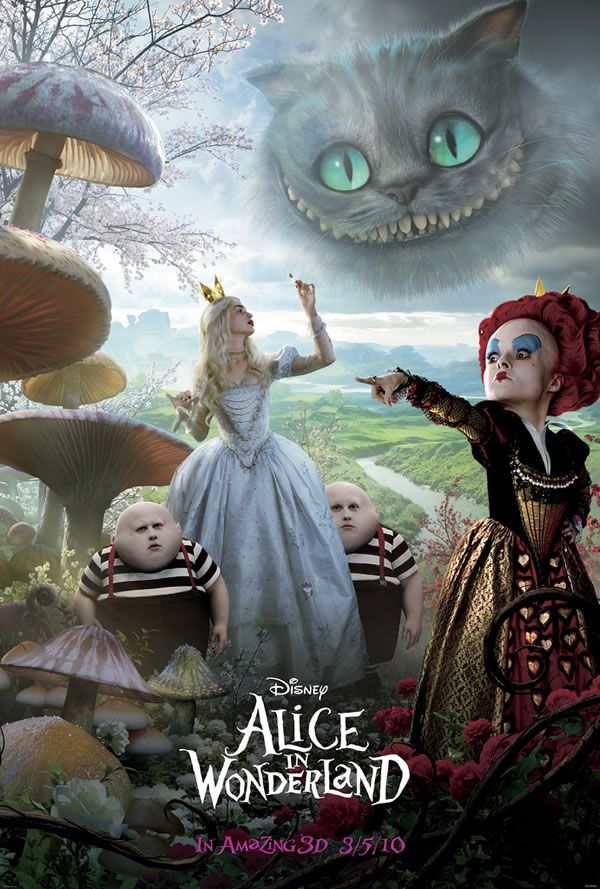
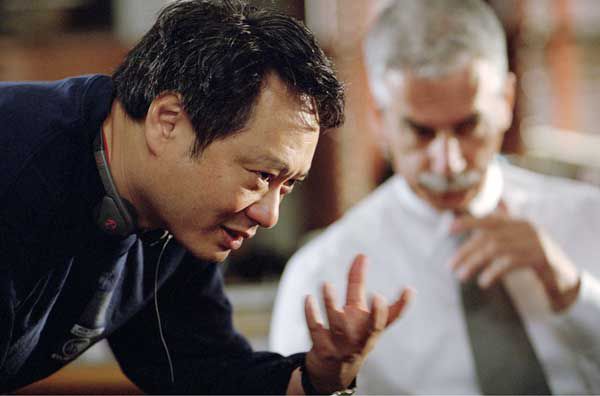
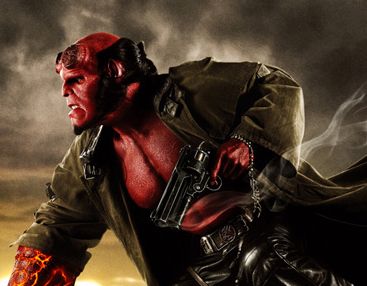
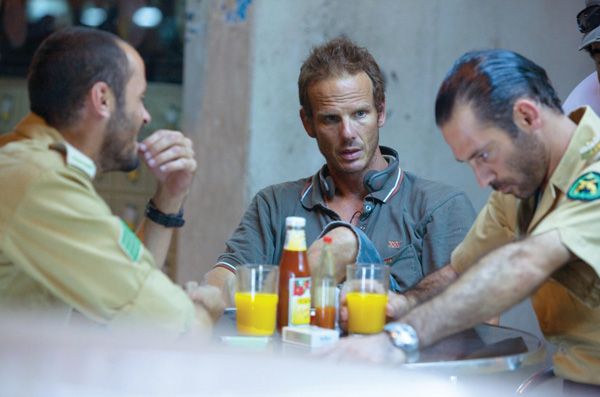
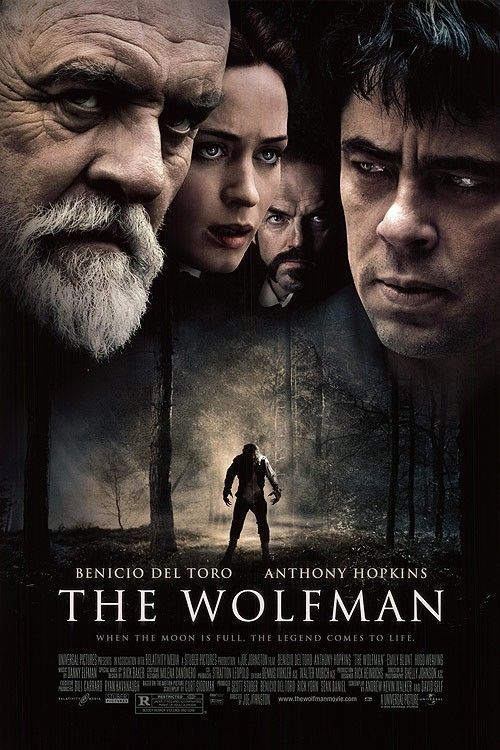
.jpg)